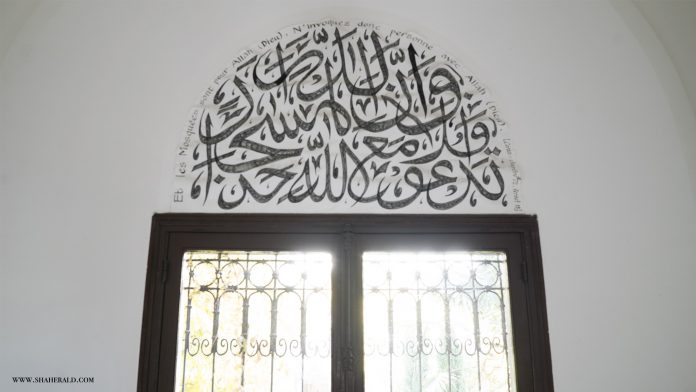Monday, January 3, the European Commission organised a high-level conference on anti-Muslim hatred, in the presence of Member States representatives and EU Commissioner for Justice Věra Jourová. A coalition of civil society organisations against Islamophobia calls on European decision makers to strengthen the institutional recognition and mandate on Islamophobia.
Decision makers still have difficulties understanding Islamophobia as a systemic form of racism in Europe. However, the meeting acknowledged that it threatens full equality and fundamental rights principles and affects the whole of society, and some Member States made commitments to address the issue. Civil society organisations were central in shaping the debate and asking for more accountability from institutions and governments.
There has been increasing recognition and commitment at the European Union level to combating racism against Muslim people in Europe, or those perceived as such. This political commitment must lead to stronger understanding of the issue and concrete recommendations for actions to EU member states.
The current political context makes this all the more urgent. In several EU countries, islamophobic discourses are being used by government representatives and are shaping the way laws and policies are being developed and adopted, but also practices.
“This meeting is an important step towards tangible actions to combat Islamophobia. We now expect EU decision makers to keep this issue high on their agenda. Especially at a time when parties using blatant islamophobic rhetoric have come to power in a number of EU countries, they need to send a clear signal that they are committed to ensuring equality and inclusion for all members of society,” said Amel Yacef, Chair of the European Network Against Racism (ENAR).
According to ENAR EU Member States must tackle the structural manifestations of anti-Muslim hatred by adopting national policies against racism which include specific measures to counter Islamophobia, including intersectional discrimination targeting Muslim women. They should also ensure that counter-terrorism and counter-radicalisation measures are not discriminatory and respect fundamental rights.

